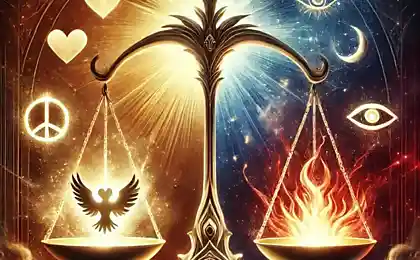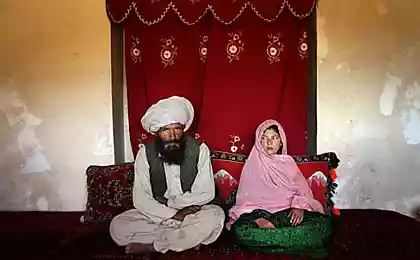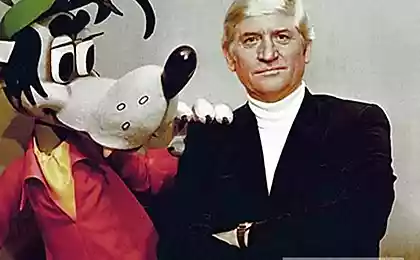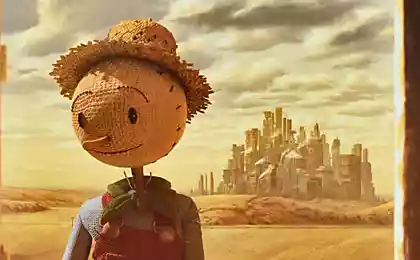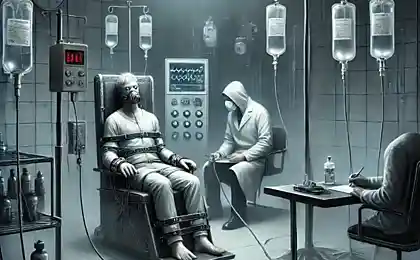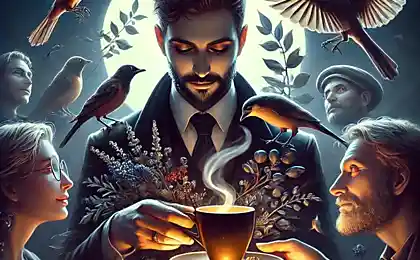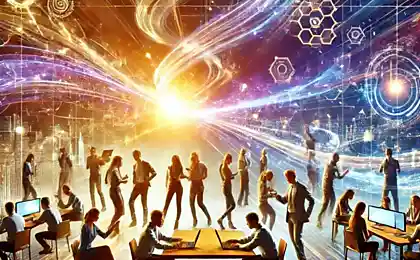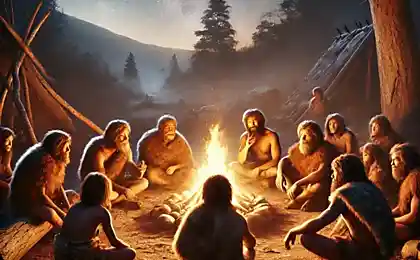528
A guide to psychology. Issue 4. Society and Culture: The Unwritten Rules of the Human World
List of all articles in the cycle

Issue 4. Society and Culture: The Unwritten Rules of the Human World
Introduction
How is the society in which we live? At first glance, the answer seems obvious: it's made up of people.
whose activities are determined by laws and economic mechanisms. However, if we dig deeper, we find
complexion ruleless and customs formed by centuries of cultural development.
Many of these norms are not enshrined in legal documents, but their impact on human behavior and thinking.
Sometimes it is more powerful than formal laws.
Since childhood, we absorb cultural traditions and rituals, adopt the manners and habits of our parents, teachers and friends.
We learn to follow the conventional rules of etiquette, respect personal boundaries and social hierarchies.
All these “quiet agreements” make up the fabric of the society in which we grow up, grow up, build families and careers.
Why are these unwritten rules so important? And how they affect our beliefs,
relationship personality?
In this article, we will examine the key aspects of the social and cultural structure of the human world.
It is also known as the “informal” rules governing everyday life.
Main part
What is "society" and why it is not reduced to laws
Sociologically, society It is a complex system involving groups of people, institutions and relationships.
bound by common values and norms of behavior. At the legal level, such norms are expressed in the codes of law,
But real life is always more diverse than formal documents.
French sociologist Emile Durkheim argued that society is not just the sum of individuals, but a special whole.
It has its own “collective morality” and mentality.
While some rules are explicitly spelled out, such as the prohibition of theft or violence,
A huge number of social attitudes are transmitted through traditions, customs and rituals.
These unspoken norms govern how we behave at the table, how we keep our distance when we talk.
Why do we think a certain kind of clothing is indecent in a particular setting?
Unlike laws, non-compliance with unwritten rules does not face a prison term.
However, social condemnation or “censure” can be no less significant “punishment.”
For example, a person who does not get up to greet older relatives or neglects the dress code at a solemn event,
It risks facing disapproval and sometimes total rejection of a society that values these rituals.

Culture as a "program" of social life
Culture is an even broader concept that includes language, religion, art, rituals.
The way we think and the manufacturing and economic technologies that influence our habits.
In culture, the knowledge and values of previous generations are encrypted, which are transmitted through education, literature.
Folklore and other channels of communication.
When we become aware of ourselves as part of a certain culturalWe don’t just speak the same language.
We share with others a common set of ideas about what is “good” and what is “bad”.
For example, some cultures strictly regulate the behavior at the family table:
Who should be treated first, how to place cutlery and what timbre of voice is appropriate for a meal.
In another culture, many of these moments may have looser rules.
Sometimes a culture may conflict with “external” or “alien” customs. In the era of globalization, such clashes
It happens more and more often when people of different ethnicities or religions live side by side.
Issues of tolerance and adaptation of new members to society are becoming critical for the preservation of the society.
social stability.
The role of unwritten rules in the formation of identity
Think about how we know that it is customary to congratulate a colleague on his birthday (even if you do not communicate much).
Or give a gift for the wedding of distant relatives, despite the lack of close relationships?
This is an example of those “quiet agreements” that are passed down from generation to generation.
We grow up watching “adults” do things, and we learn that they are considered “right.”
It helps to maintain reputation in the eyes of society.
Keeping these unspoken rules gives us a feeling. accessories To the group. The person feels,
He said that he “does like everyone else”, which means that he will be “accepted and supported”.
It forms an identity—a sense of self within a particular ethnocultural and social context.
Psychologically, this is very important: without awareness of their roots and traditions, many people lose their inner support.
A sense of security that can lead to alienation or social isolation.
Norms of Behavior: Society's "User Agreement"
If we consider society as a complex system, and culture as a common code of this system, then behavior
You can think of it as a user agreement that we unconsciously "sign."
When we come into the world. People learn to observe:
- Etiquette and decency. For example, say hello at a meeting, give way to the elderly in transport.
- Group loyalty standards. Support a team in a sports competition, protect the reputation of their organization or family.
- Ritual practices. Attend ceremonies, celebrate national or religious events, wear appropriate attire.
- The tradition of hospitality. Invite guests to the holidays, treat them and be attentive to their comfort.
They are no less important than formal laws, because violating a social “contract” can be an important factor.
Loss of reputation and status in the eyes of others.

Transformation of traditions in the modern world
Today, we see how many traditional attitudes are changing under the influence of
technological progress and globalization. Social media, mass migration and the growth of megacities
They create a new hybrid reality where people can choose from different cultures.
Create your own cultural mix. Some customs retain a strong position, while others
They either change shape or go back in time.
For example, respect for the older generation in some countries is still carefully maintained.
While in others, this fades into the background, giving way to more horizontal patterns of communication.
Wedding customs, which until half a century ago were considered the “norm,” may seem anachronistic for young people.
They grew up in megacities. Such shifts often cause conflicts between conservative society
and those who support modernization and flexibility in matters of cultural traditions.
Conclusion
With all of this in mind, society is not just a formal set of laws and institutions.
It is a living fabric permeated with unwritten rules and cultural codes. We are born and grow, gradually absorbing customs.
manners and traditions that have resulted from the centuries-old evolution of human society.
These unspoken rules provide stabilityThey help us navigate social interactions,
They pass on the experiences of generations and shape our perceptions of “right” and “wrong.”
If we want to participate consciously in society, we need to understand how these things work.
Be willing to engage in dialogue with those whose cultural values may differ from ours.
As the world becomes more interconnected, understanding social dynamics and cultural differences
It becomes a vital skill. Ability to adapt to new environments, respect the traditions of others and
At the same time, maintaining one’s own identity is the key to productive dialogue between people.
groups and entire civilizations. Ultimately, the Unwritten Rules
This is what makes our world both complex and rich, but it is in this complexity that we are born.
New ideas, opportunities and prospects for the further development of mankind.
Glossary
Society
A complex system that unites people, institutions and norms of behavior, regulates their interaction and ensures order.
Culture
The totality of material and intangible manifestations of human activity: language, values, traditions, religion, art, etc.
Emil Durkheim
French sociologist and philosopher, one of the founders of modern sociology, the author of the concept of “collective consciousness”.
Identity
A person’s sense of belonging to a particular culture, social group or value system.
Etiquette
The set of rules and norms of behavior in society, regulating manners, clothing and treatment in formal and informal situations.
Tolerance
A person’s ability and willingness to recognize and respect the diversity of views, customs and beliefs of others.
A guide to psychology. Issue 3. Words and gestures: the foundations of effective communication
A guide to psychology. Issue 5. Personality: Why We Are So Different
